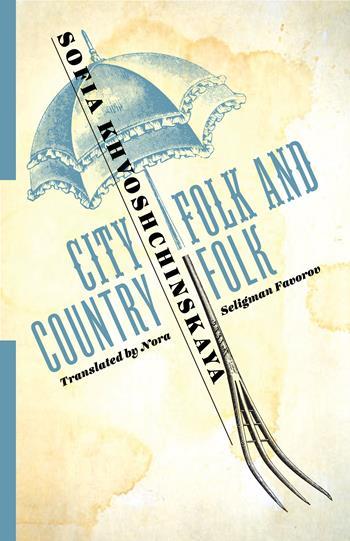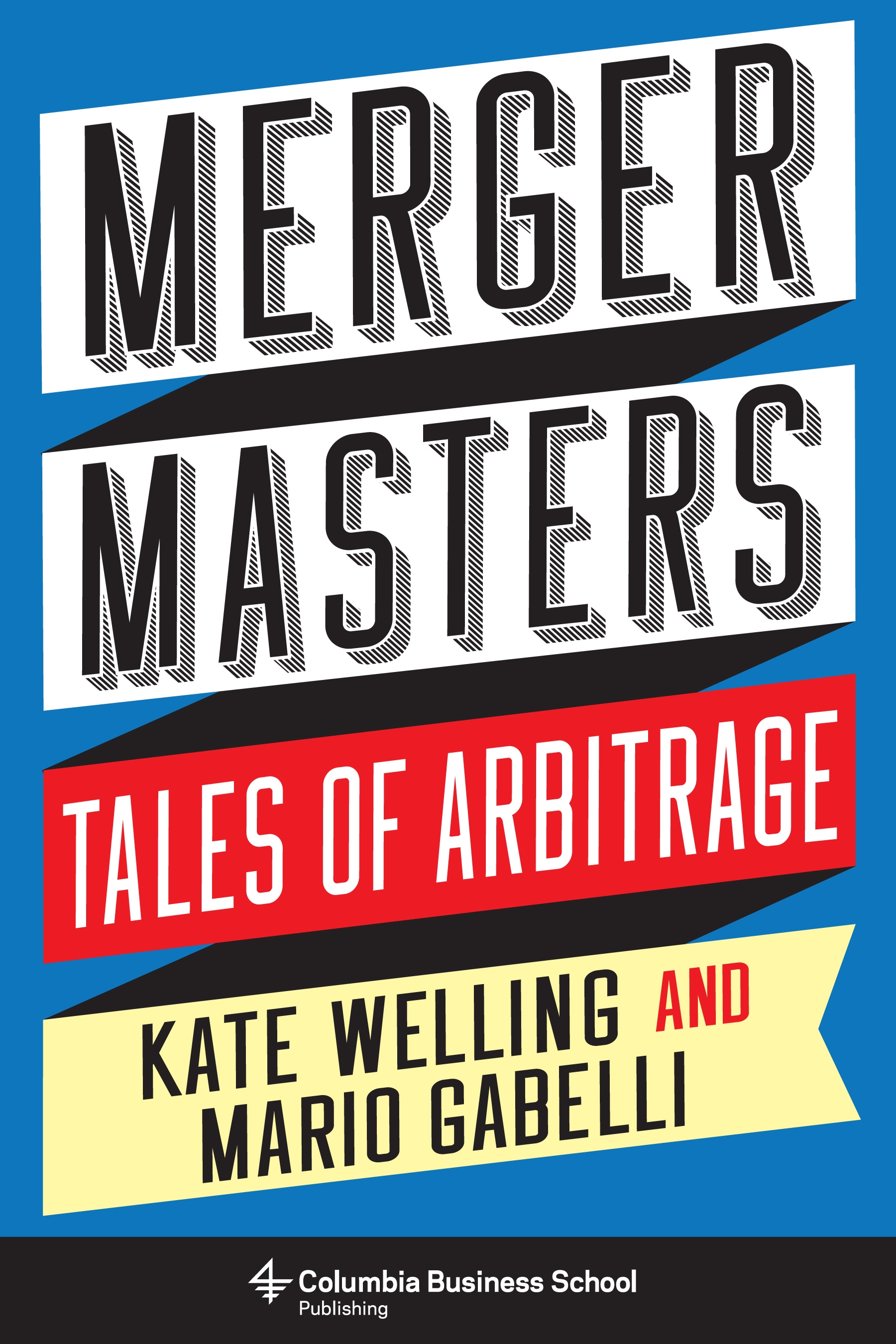Thursday Fiction Corner: City Folk and Country Folk as a Feminist Novel
Enter the City Folk and Country Folk Book Giveaway here
Welcome to the Columbia University Press Thursday Fiction Corner! This week Elaine Wilson, a PhD candidate in Slavic Languages and Literatures at Columbia University, introduces Sofia Khvoshchinskaya’s City Folk and Country Folk as a 19th century feminist novel.
Nora Seligman Favorov’s translation of City Folk and Country Folk is the first of its kind—never before has this story been accessible to a strictly Anglophone audience. And yet it feels familiar to the English-speaking reader, for its headstrong heroines speak their minds and engage their male interlocutors with Jane Austen-esque confidence and wit. It would be unfair to qualify the heroines of this story as simply Russian interpretations of an English literary model, however, as the words—and actions—of the Russian characters have grand implications beyond the events of the story. City Folk and Country Folk is a feminist work. The women central to Sofia Khvoshchinskaya’s novel do not fit the docile, domestic gender stereotype of their century. The youngest heroine, Olenka, makes no secret of her disdain for society’s expectations. The ease with which she rejects men of ostensibly superior social station and her desire to live a life in accord with what she—not social mores—finds to be appropriate, make Olenka a rather unnatural 19th century literary heroine, but a very relevant one in our modern world.
While limiting, the Austen connection is not a casual observation; Olenka’s stubborn, sometimes insolent nature and easy laughter in the face of urban socialite and occasional, albeit hopeless, suitor, the “enlightened” Erast Sergeyevich Ovcharov, recall aspects of Austen’s willful Marianne Dashwood. But unlike Marianne, Olenka never finds herself wounded by a man she loves. In fact, Olenka never even falls in love. Khvoshchinskaya’s female leads are more empowered than their fictional British counterparts most notably because they neither act nor reflect on their actions with regard for male opinion.
In Snetki, a village situated in a rural province outside of Moscow, the arrival of an eligible bachelor (the aforementioned Ovcharov) means different things to the female inhabitants of the small town—humorous curiosity, opportunity for hospitality, and even a means to assume a position of self-righteous indignation—but at no point does Ovcharov’s arrive incite any romantic story arc. What would have held romantic possibilities (or at the very least, possibilities for marriage) in Austen’s writing exists as a more of a nuisance for Sofia Khvoshchinskaya’s heroines. Much of the comedy of City Folk and Country Folk comes from Ovcharov’s multiple frustrated attempts to ingratiate himself with the female residents of Snetki. He is more pest than protagonist; from his insistence upon a strict diet of thin soup and whey to his desperate epistolary cries for attention, Ovcharov is weak and needy to the point of absurdity. Khvoshchinskaya’s prose flaunts this absurdity as a direct response to the literary models of femininity written by her male contemporaries: women as fragile and emotional creatures, frequently victimized by men. City Folk and Country Folk turns this stereotype on its head. One of the most telling scenes of Khvoshchinskaya’s refutation of the delicate 19th century Russian woman takes place in chapter eight. Ovcaharov repeatedly insists that he carry Olenka across a dried up stream bed measuring only a few inches across. An exasperated Olenka, with “coarse candor,” rebuffs these pathetic suggestions of chivalry: “What on earth are you doing? I’m stronger than you are. If you like, it might be better for me to carry you.” (98).
Khvoshchinskaya doesn’t just undercut traditional gender roles through Ovcharov’s inferior strength, she also shows him to be fashion-conscious, emotional, and impetuous. When Olenka laughs at his “magnificent” panama hat, Ovcharov’s inner monologue is instantly petty: “The little fool—she failed to appreciate how stylish it was.” (155). Self-conscious to a fault, “despite all of his European courtesy,” when Olenka laughingly dismisses his flirtation, Ovcharov is “unable to control himself.” (98).
When Katerina Petrovna, a Moscow socialite and former acquaintance arrives in Snetki, Ovcharov agonizes when she does not contact him immediately. His emotional distress manifests as a childish cry for attention:
“Erast Sergeyevich Ovcharov most humbly requests the most venerable and kind Katerina Petrovna to explain to him why she so ungraciously saw fit to fail to remember him this morning when he had the pleasure of seeing her carriage in the village of Snetki at the home of Madame Chulkova.” (110).
Katerina Petrovna’s reply is slightly (and understandably) defensive, but overall the inverse of Ovcharov’s irrational correspondence:
“If I was so ungracious as to fail to remember you, as you put it, Mr. Ovcharov, it was only because you seem to have arranged things so that your friends would not remember you. Please pay me a visit, and then you will be convinced of the unfailing and devoted friendship of yours truly, KPD.” (153).
As an aristocrat of considerable reputation, Katerina Petrovna’s acknowledgment signifies a great deal to Ovcharov, as it would grant him the thing he values most: validation of his own bloated sense of self-worth. He seeks validation of his philosophical and political opinions, both from potential publishers of his writings, and in his attempts to enlighten Olenka and her mother through written and verbal lectures on gender roles and the means of women’s education. The reader never learns how the publisher reacts to Ovcharov’s treatises, but Olenka and her mother are generally indifferent to both the lessons and the man.
And that is one of the most remarkable aspects of this novel—indifference to men. Ovcharov is the story’s lead male protagonist; the other principle masculine characters, at least, those who physically appear within the story, are limited to four: Father Profirii, a timid, non-confrontational priest; dull and portly Simon, the potential match for Olenka; George, Katerina Petrovna’s young son; and Fyodor Fyodorovich, Ovcharov’s surly German servant. These men play their supporting roles in near silence, exerting little to no influence on the protagonists. Their existence and activity are important relative only to the principle female characters. Ovcharov’s role is the most self-determined, though the only thing of consequence he manages to fully achieve is to get in the way.
Conversely, the women in this book—even the villains—exercise control over their own affairs independent of any male influence: Olenka rejects Katerina Petrovna’s manipulative plan to marry her off and maintains her right to choice; her mother, the widowed Nastasya Ivanovna, is a careful landowner and effective manager of the family estate who tries to keep the peace and finances in order; Anna Ilinishna, an opportunistic spinster, masks her social ambitions with false piety and secures herself a series of benefactresses; Katerina Petrovna, separated from her gambling addict husband and refusing to “live for the children alone,” maintains a reputation she built for herself by orchestrating financially and socially advantageous marriages.
City Folk and Country Folk is a feminist novel confronting the oppressive sexism of the 19th century, but it is also a work that resonates very strongly in the 21st century. Austen’s heroines shine with their witty repartee, but for all their self-assuredness, even the Dashwood girls and Lizzie Bennett are moved by the words and waning attentions of the men in their orbit. Khvoshchinskaya’s Snetki heroines never need to prove themselves to any man, nor do they feel the desire to do so, as the stakes are never romantic. These women are confident, carving paths for themselves with no aid or validation from husbands or suitors. Olenka’s character might have developed through a romantic story arc, but the sexual tension is purely one-sided, suffered by Ovcharov alone. Sex and romance aren’t unrealized potential—Khvoshchinskaya doesn’t allow it a meaningful place in her character’s lives—but rather shapes them into strong-willed intellectual creatures. And while Ovcharov feels acutely Olenka’s absence from the carriage, she does not “[give] him a moment’s thought.” (209).






